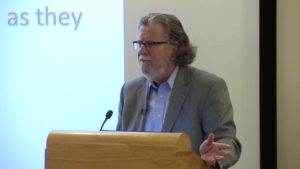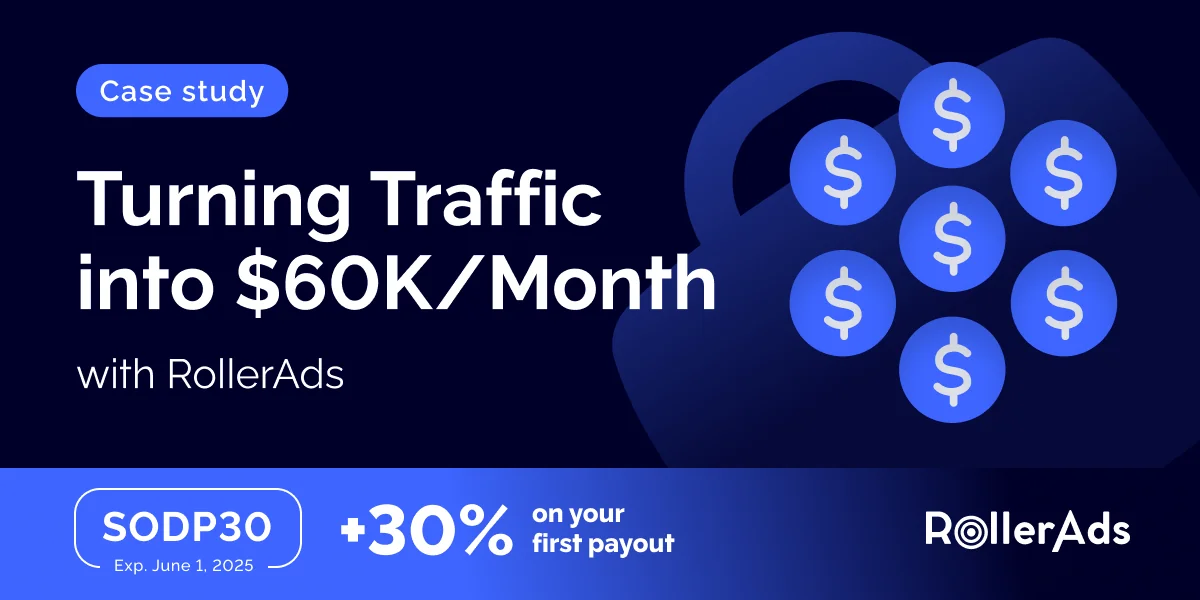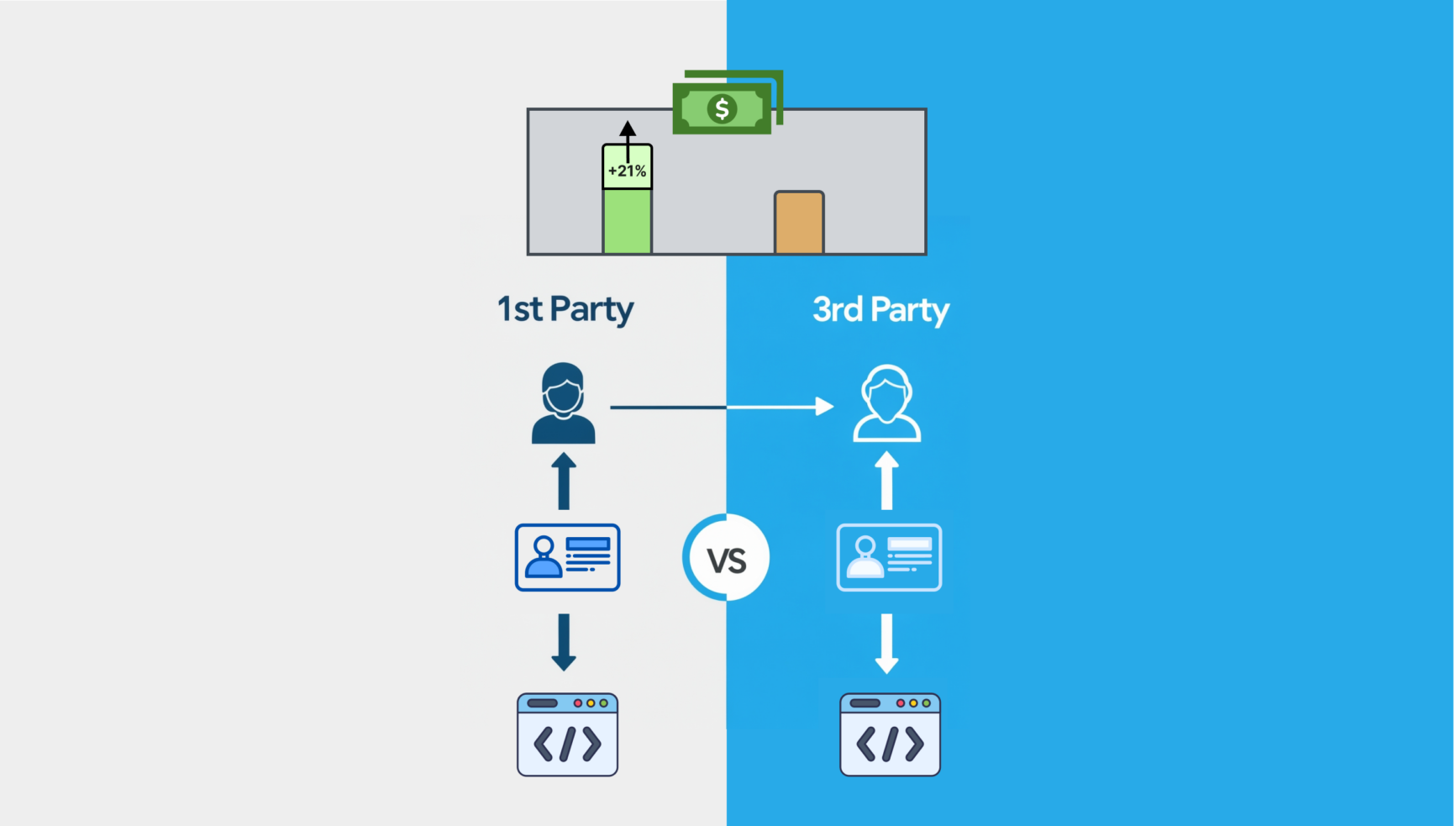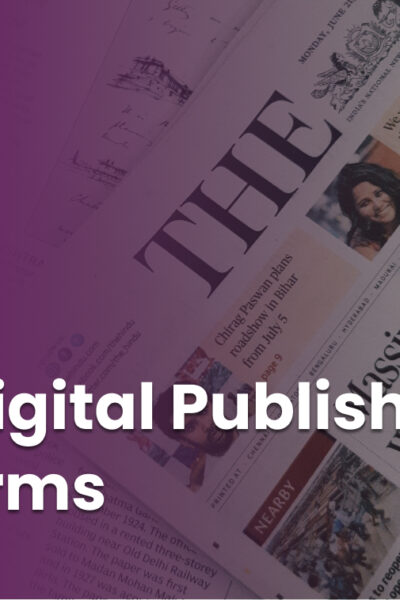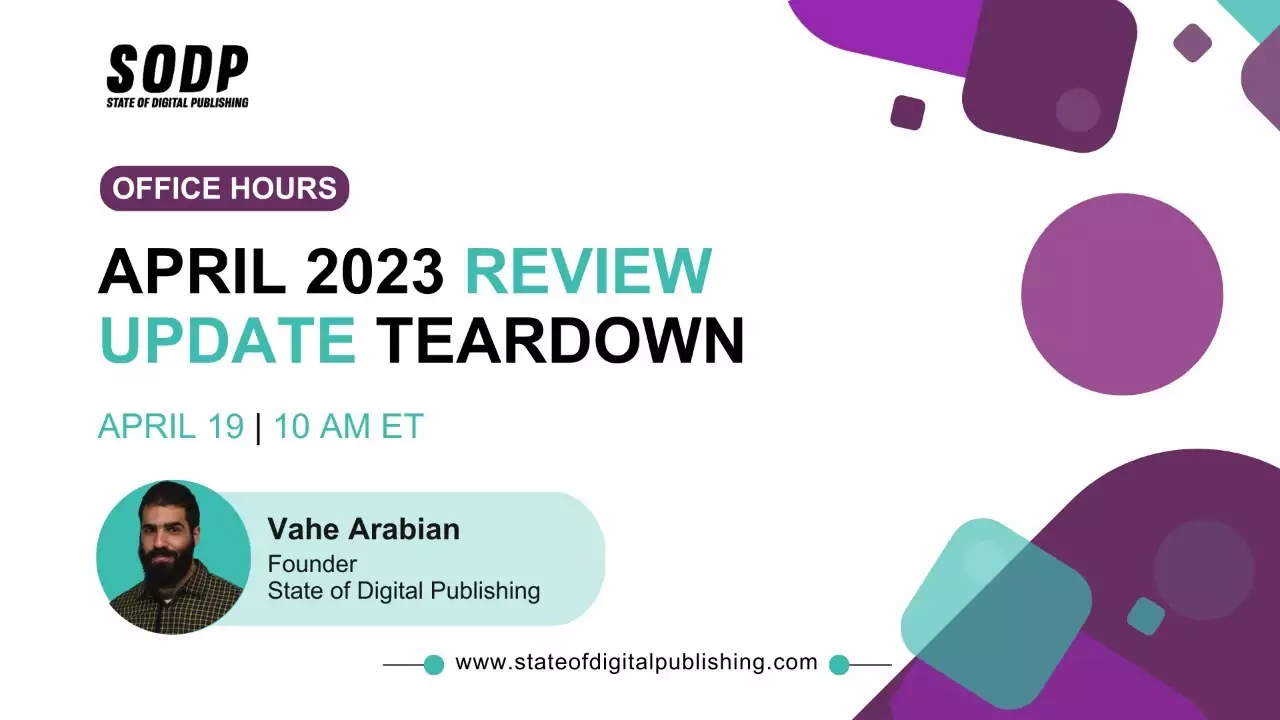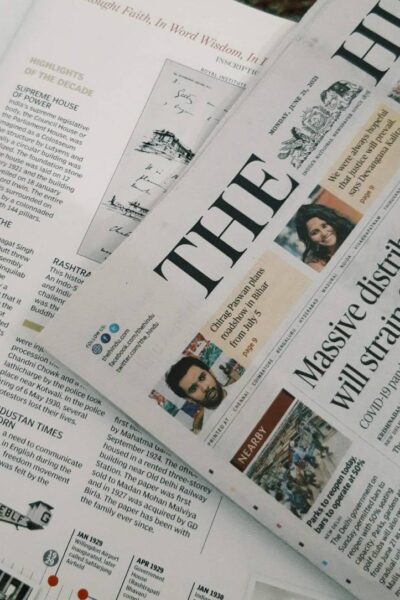Gary Schwitzer is the Founder & Publisher, HealthNewsReview.org and an Adjunct Associate Professor, University of Minnesota School of Public Health.
What led you to start working in digital/media publishing?
My initiation was a job offer in 1999 from The Mayo Clinic to become the founding editor-in-chief of a new consumer health news and information website. Then, after becoming a faculty member at the University of Minnesota School of Journalism & Mass Communication, I believe I became the first faculty member there to be a daily blogger. Then I launched HealthNewsReview.org, which is the most important project of my career, so much so that I resigned a tenured faculty position in order to work on this project fulltime. So I’ve now been a daily web publisher for 17 years.
What does a typical day look like for you?
Here’s the predictable part: I usually work from home, rolling out of bed and going to straight to the computer. I often don’t stop until the evening network TV news begins. So it’s often 6:30 nonstop till 17:30 — and then again many evenings. It’s a labor of love. I scour the news for items that demand review or comment. Then I exchange ideas with members of my project editorial team throughout the day.
The unpredictable part is that I never know what’s coming on any given day – and that is a challenge but also a big motivator.
What’s your work setup look like? (your apps, productivity tools, etc.)
My team uses Trello to track workflow. Since our small staff is spread all over the US – NY, Maine, Texas, Minnesota, and Illinois – we use Google Hangout for weekly staff meetings. Our website is powered by a WordPress platform. We produce podcasts which appear on SoundCloud, iTunes, and Stitcher. We have YouTube videos. My apps include Tweetdeck, Facebook, LinkedIn, MailChimp, Dashlane, Lightroom CC, Google Analytics, and dozens more.
What do you do to get inspired?
Oh, it doesn’t take much to get me going. All I have to do is wake up and read the news and I’m fired up. But I’ve been working in health care journalism for 44 years, so it is a legitimate question about how I stay inspired. The biggest factor is that I see so much reporting that is done poorly, so much inaccuracy, imbalance, and incompleteness, that the fire burns in me to try to improve that picture. It is inspiring to know that there is no other project like ours that tries every day to help people improve their own critical thinking about health care interventions.
What’s your favorite piece of writing or quote?
Fave quote: Humorist Josh Billings (pen name for Henry Wheeler Shaw, 1818-1885):
“The trouble with people is not that they don’t know but that they know so much that ain’t so. I honestly believe that It’s better to know nothing than to know what ain’t so.”
Another quote:
Ben Bagdikian, journalist/educator/media critic:
“Never forget that your obligation is to the people. It is not, at heart, to those who pay you, or to your editor, or to your sources, or to your friends, or to the advancement of your career. It is to the public.”
Written piece:
Dr. Clifton Meador in The New England Journal of Medicine in 1994: “The Last Well Person”
What is the most interesting/innovative thing you have seen on another outlet other than your own?
I admire explanatory journalism that helps consumers cut through the hype and to understand the tradeoffs that are involved in any health care decision — something you stand to gain but something to lose. Anyone who does that work, in any format, wins my admiration.
Content from our partners
What’s the passionate problem you are tackling at the moment?
In 2017, my project has become the leading voice of concern about conflicts of interest in health care journalism itself. By that I mean, there are countless well-respected news organizations which, in the coverage of health care issues, accept advertising, sponsorship or partnership deals from/with the very health care industry entities that they report on every day. That is an ethical breach that threatens harm to readers and threatens the integrity of the news organizations that do business in this way.
This and other issues were summarized in a year-end piece we just published.
Do you have any advice for ambitious digital publishing and media professionals who are just starting out?
Content is still king. Don’t get caught up in all of the bells and whistles of new technology if you don’t know your audience well enough to understand what they truly need and how to effectively communicate with them. Take this publishing opportunity very seriously, with a deep sense of responsibility for honest, transparent communication.


